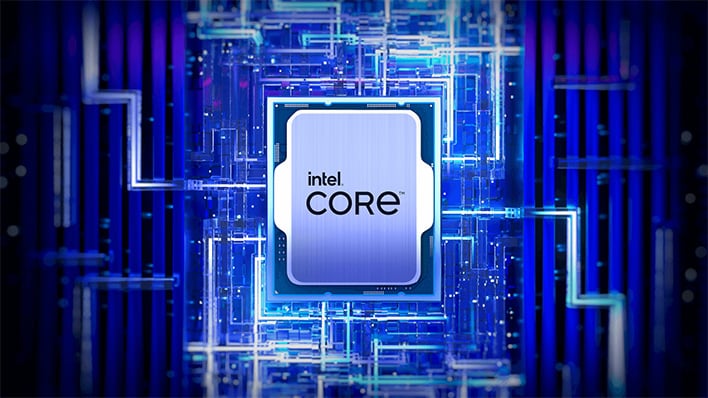Intel Core i5-14600KF Raptor Lake Refresh CPU Thumps The i5-13600K In Early Benchmarks

Leaked Geekbench results of Intel’s upcoming Raptor Lake Refresh Core i5-14600KF have surfaced online, showing drastically superior multi-core performance compared to the previous generation i5-13600K despite the fact that the 14600K/KF has the same core count as its predecessor. According to the benchmark results, the new i5-14600K/KF is up to 17% faster in Geekbench 6 compared to the 13600K.
The i5-14600K is part of Intel’s upcoming 14th generation Core lineup codenamed “Raptor Lake Refresh,” featuring an enhanced Raptor Lake architecture with higher clock speeds as well as more cores and cache on some models. According to previously leaked specs of the 14600K that we covered last month, the 14600K will be getting a 200MHz bump in turbo clocks for the P-cores from 5.1GHz to 5.3GHz, and the E-cores will be getting a 100MHz bump from 3.9GHz to 4GHz compared to its predecessor. Cache has also been increased from 44MB to 58MB for the L2 and L3 caches combined, which should help improve gaming performance.
But again, these are leaked specs so take them with a grain of salt. But interestingly, the Geekbench 6 listing for the 14600K also shows a 5.3GHz boost frequency, so the leaked core frequencies are probably legitimate.
i5 14600K https://t.co/NvgOrUtj25 pic.twitter.com/7n3v7GEO5P
— 포시포시 (@harukaze5719) August 9, 2023
Compared to the prior generation’s i5-12600K, the 14600K is even more impressive, yielding a 32% performance improvement in Geekbench 6’s multi-core benchmark. The 14600K’s massive multi-core margin could make it an excellent drop-in upgrade for current Alder Lake users since the 14th Gen desktop Raptor Lake Refresh lineup will slot into current generation LGA 1700 motherboards—with an appropriate BIOS update.
Keep in mind that Geekbench 6 is a synthetic benchmark. It doesn’t always provide the most accurate performance comparisons between CPUs, and don’t treat these early results like official benchmark numbers from Intel or a 3rd party reviewer. But if these numbers are anywhere close to being real, the 14600K will be a mighty good CPU as long as Intel keeps pricing in line with the 13600K.

